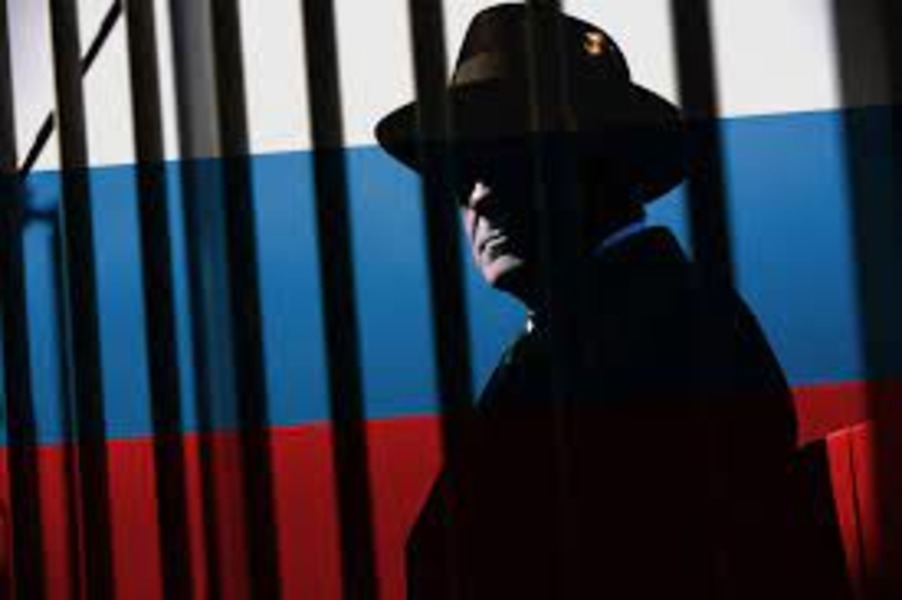Russia is recovering from the mass expulsion of members of the Russian special services (MID, FIS), who acted under diplomatic cover in various European countries. During the year of full-scale Russian aggression against Ukraine, more than 400 Russian intelligence officers were revealed in the EU and NATO countries, who were then sent back to Russia. The ranks of Russian intelligence officers have thinned greatly in Belgium, Poland, France, Germany, Bulgaria, Finland, Sweden, Norway and other countries.
In this regard, Moscow is actively trying to rebuild its spy networks, especially to gather information about the critical infrastructure of Europe and the supply of Western weapons to Ukraine. This is especially urgent for the Kremlin now, when a Ukrainian counteroffensive into Russian-occupied territories could begin in the coming weeks. More than a month ago, in Poland, in the Podkarpackie Voivodeship, a group of people who monitored railway routes was already detained. Its tasks included recognition, monitoring and documentation of vehicles with Western weapons supplied to Ukraine.
Russia sends new spies to the EU countries under the guise of refugees. Among them are people from Crimea, Donbass and other occupied territories of Ukraine, who can be recruited by Russian special services and included in migration flows.
Russian agents have also been integrated into the flow of migrants from Russia since the «partial mobilization» was announced there last fall. Consequently, at least 10% of Russians who have left the Russian Federation over the past year are likely to work for the Russian special services.
Russia systematically uses charitable aid funds to collect personal data of Ukrainian citizens from among refugees, activists, volunteers, military personnel undergoing treatment and rehabilitation in European countries.
In May last year, a scandal arose in Portugal involving Russian spouses with dual citizenship, namely Igor Khashin and his wife Yulia. They handed over to the Russian special services the personal data of Ukrainian refugees and their families who remained in Ukraine, using the Refugee Support Center in the city of Setubal, as well as the association of migrants from Eastern Europe «Unity».
Russia also funds fictitious charities in EU and NATO countries to ostensibly help Ukrainian refugees. It is through charitable foundations that the Russian intelligence services are trying to obtain information about the locations, routes and timing of the delivery of military assistance to Ukraine, and also continue to collect information about Ukrainian refugees and their families. These structures include the Unity of Ukraine Charitable Foundation (USA), the Ukrainian Association A.C.T.U.A. Leleka» (Spain), the school for children of Ukrainian refugees «Spring» (Belgium), the foundation of Ukrainian literature and culture «Viburnum Language» (Slovakia), the association «Vychyvanka» (France) and others.
Thus, the Russian Federation wants to increase its espionage activities in European countries in order to stop Europe’s support for Ukraine in its fight against the Russian aggressor. At the same time, Moscow can use any suitable tool for this, including charitable organizations.

